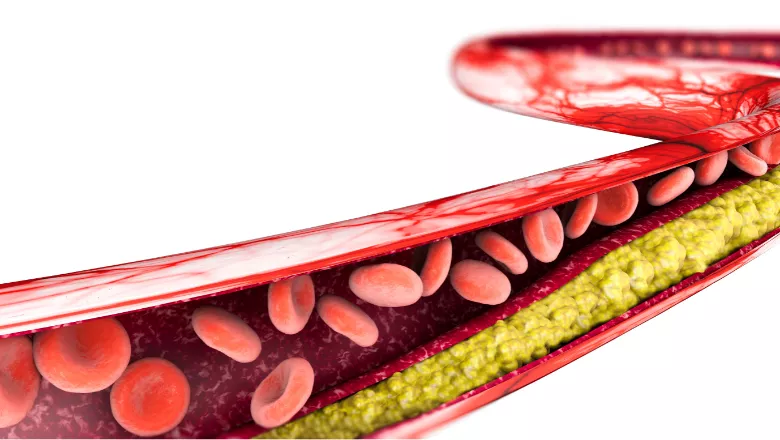Researchers from King's have recently been awarded a grant to study the condition which, without treatment, can lead to heart disease and stroke at a very young age.

Familial hypercholesterolaemia (FH) is an inherited condition that is passed down through families and can lead to extremely high cholesterol levels. While FH can have devastating consequences if left unrecognised, once it is diagnosed it can be effectively treated with medicines and a healthy lifestyle.
Researchers Dr Mariam Molokhia and Professor Tony Wiezerbicki have been awarded an NHS South East Genomic Medicine Alliance grant to study identification of familial hypercholesterolaemia (FH) through a clinical nurse specialist supported testing model. Speaking on the study Dr Molokhia said:
Our approach builds on existing evidence to improve familial hypercholesterolaemia detection, driving improved clinical outcomes and care pathways in primary and secondary care– Dr Mariam Molokhia
This transformation project builds on established approaches to identifying cases of FH in South London and South East England, seeking to inform large-scale clinical change of practice across both primary and secondary care healthcare settings to deliver transformational change for patients.
The main aim of the project is to increase the detection of FH by:
- Identifying effective strategies for identification of new index cases of FH in the community, who have not previously been referred for genetic testing using medical informatics-based strategies; and
- assessing the effectiveness of remote approaches to family cascade screening in identifying affected relatives of known genetically diagnosed index cases with FH.
Under-diagnosis and therapeutic inertia are common in the management of FH. Many patients are not on any/adequate statin therapy as they have had their CVD risk calculated (inappropriately) using QRISK3. As a result an additional role for the screening team will be to assess current treatment and optimise lipid lowering therapy and arrange for appropriate referral for patients with refractory FH with high residual LDL-C where the prescription of PCSK9 inhibitors would be appropriate.
The clinical nurse specialists will also play a role in supporting the primary care side of this project and will support GPs earlier in the patient pathway, by utilising the search tools and identifying at-risk patients for further assessment and testing in secondary care.






